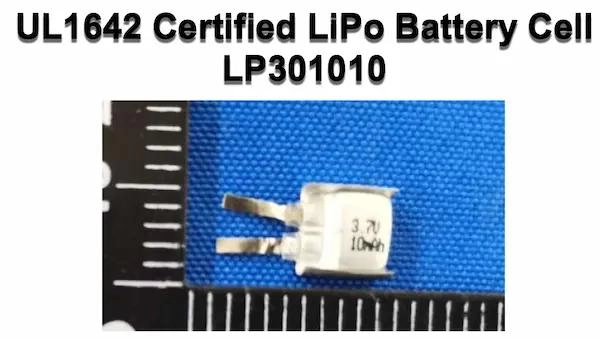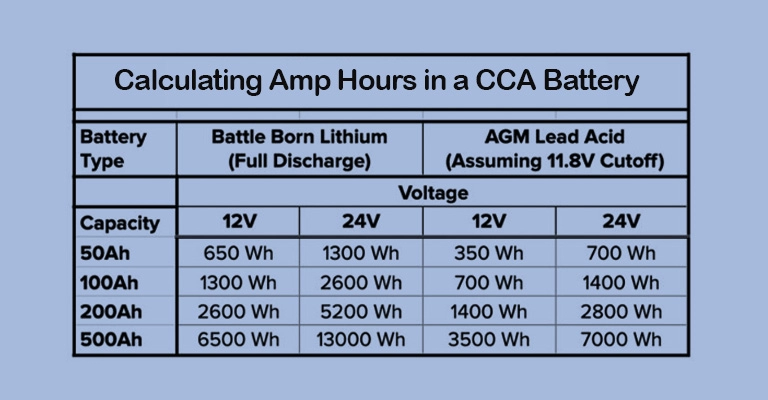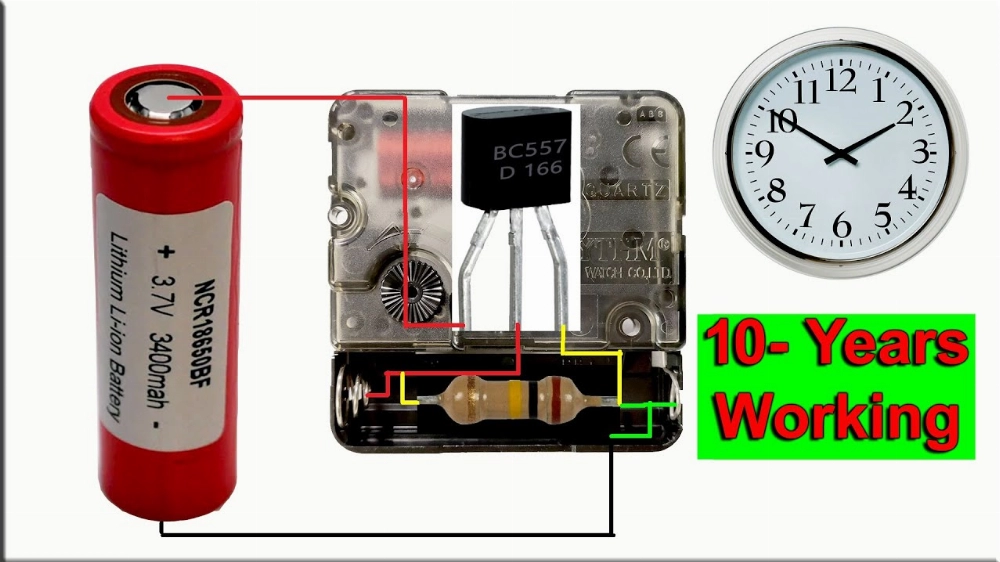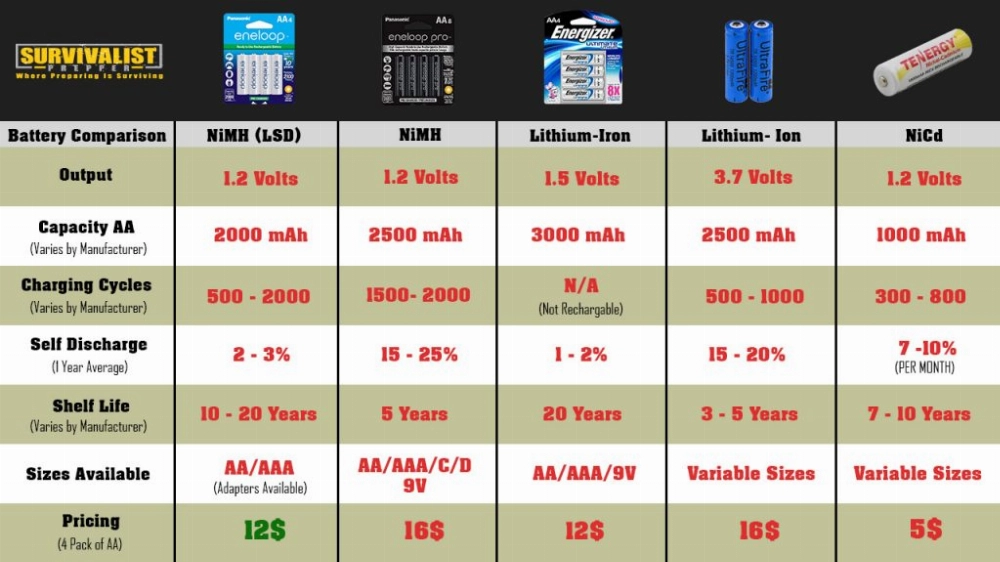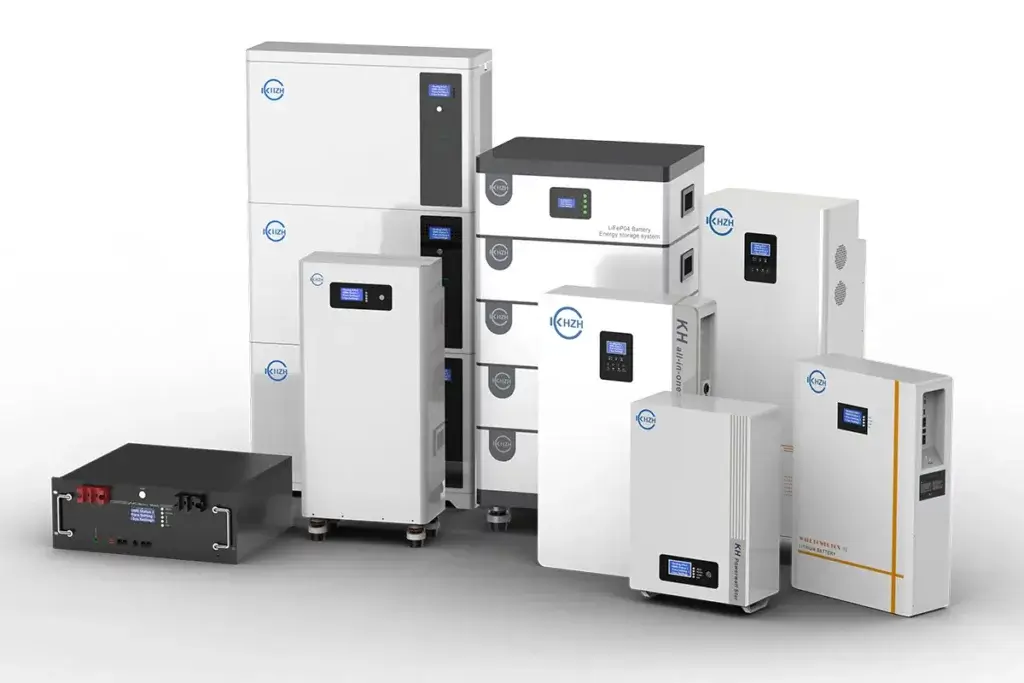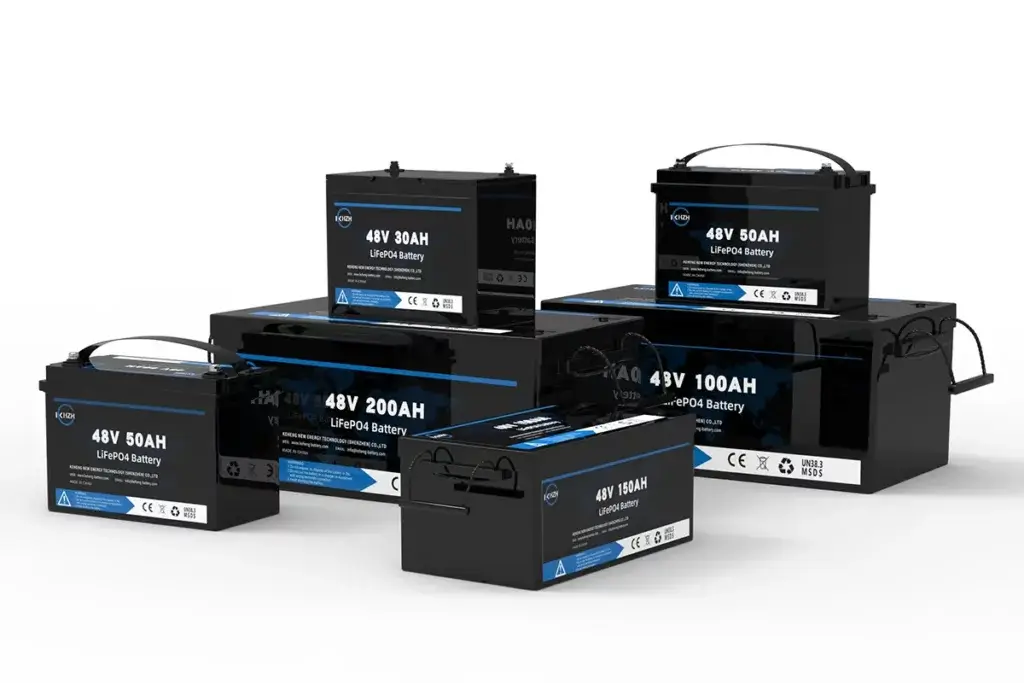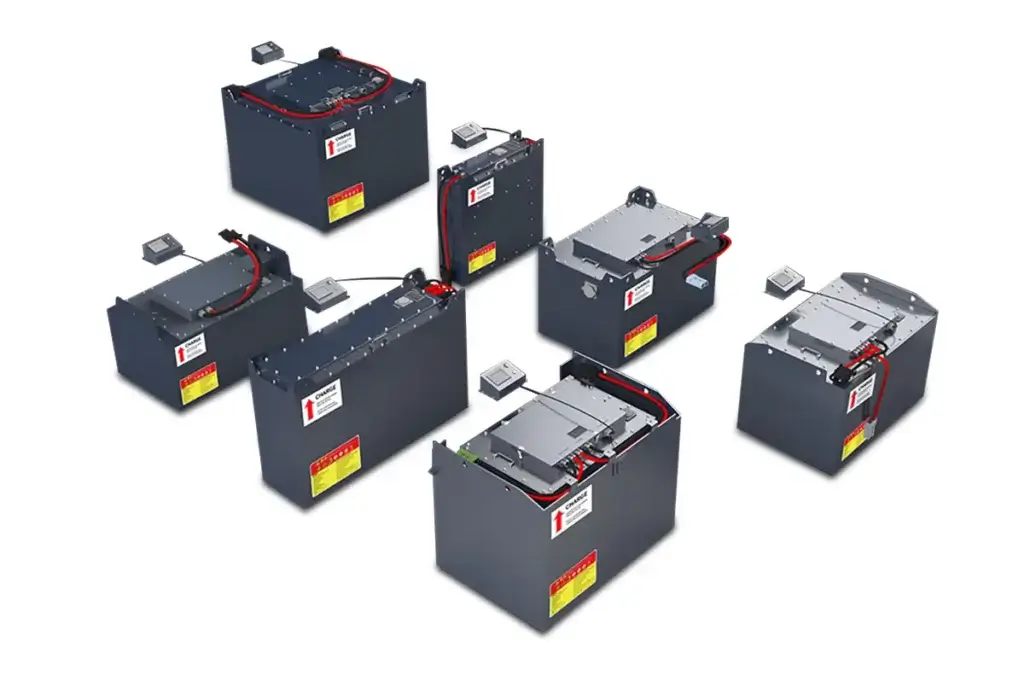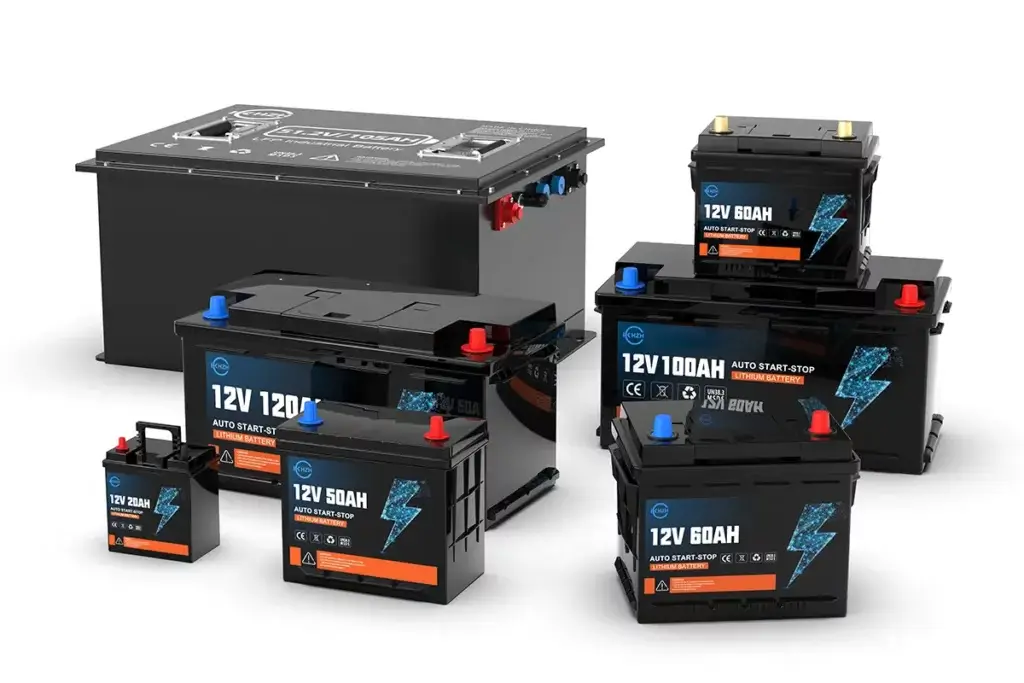Understanding the Importance of UL 1642 Certification for Lithium-Ion Batteries
UL 1642 certification plays a vital role in ensuring the safety and compliance of lithium-ion batteries. This article delves into the UL 1642 standard, explaining its scope, importance, and its implications for battery technology.
Part 1: What is UL 1642?
UL 1642, developed by Underwriters Laboratories (UL), is a critical safety standard for lithium-ion batteries. It outlines a series of rigorous tests and requirements that batteries must meet to ensure they meet stringent safety standards. These tests cover a range of factors, including the battery’s construction, electrical performance, and ability to withstand environmental conditions like temperature fluctuations and vibrations.
In essence, UL 1642 certification signifies that a lithium-ion battery has undergone comprehensive testing to confirm its safety and compliance. This certification is applicable to a wide range of uses, including consumer electronics, electric vehicles, and medical devices.
Part 2: What Products are Covered by UL 1642?
UL 1642 applies to a wide range of products that use various types of batteries. These include:
- Lithium-Ion Batteries: Commonly found in consumer electronics, electric vehicles, and energy storage systems.
- Lithium Polymer Batteries: Often used in devices like smartphones, tablets, and other portable electronics due to their lightweight and flexible design.
- Nickel-Metal Hydride (NiMH) Batteries: Typically used in power tools, digital cameras, and remote-controlled toys because of their high energy density and rechargeability.
- Nickel-Cadmium (NiCd) Batteries: Found in older electronics, emergency lighting, and cordless phones due to their long-lasting performance and durability.
- Lead-Acid Batteries: Primarily used in automotive applications, uninterruptible power supplies (UPS), and industrial equipment due to their reliability and cost-effectiveness.
- Alkaline Batteries: Frequently found in household items like remote controls, clocks, and flashlights due to their cost-effectiveness and widespread availability.
Part 3: What Does the UL 1642 Standard Cover?
The UL 1642 standard establishes specific guidelines and testing procedures designed to ensure the safety and reliability of lithium-ion batteries. Key components of the standard include:
- Physical Construction: The standard assesses the design of lithium-ion batteries, including the materials used for the battery casing and insulation. This provides protection against short circuits and mechanical damage.
- Electrical Performance: This tests the electrical characteristics of the battery, such as voltage, capacity, and discharge capabilities, to confirm they meet required specifications and operate safely within defined parameters.
- Environmental Testing: UL 1642 also includes tests that simulate extreme conditions, such as temperature variations, humidity, and vibration. This ensures battery performance in real-world applications.
- Safety Features: The standard requires the inclusion of built-in safety mechanisms, such as protection circuits, to prevent risks like overcharging, over-discharging, and thermal runaway, which can lead to fires or even explosions.
- Chemical Composition: UL 1642 evaluates the chemical composition of batteries to ensure they comply with regulations regarding hazardous materials and environmental safety.
Part 4: What Tests are Included in UL 1642 Certification?
The UL 1642 certification process involves several key tests to ensure the safety and performance of lithium-ion batteries, including:
- Overcharge Test: This test examines the battery’s ability to handle overcharging conditions without experiencing thermal runaway or other safety hazards.
- Over-Discharge Test: Tests the battery’s performance under prolonged discharge conditions to ensure it can safely withstand low voltage situations without damage.
- Short Circuit Test: Evaluates the battery’s response to short circuits, verifying its ability to safely manage high current situations without causing fires or explosions.
- Crush Test: This test assesses the battery’s resistance to compression, ensuring it can withstand mechanical impact without compromising safety.
For more information on battery technology safety standards and best practices, read our article: Battery Cell vs. Battery Module vs. Battery Pack.
Mechanical Reliability Testing for Lithium-Ion Batteries
Impact Test:
This test evaluates the battery’s ability to withstand impact forces, such as drops or collisions, without sustaining damage or posing any safety hazards.
Temperature Cycling Test:
This test subjects the battery to repeated extreme temperature cycles to assess its thermal stability and performance under varying environmental conditions.
Vibration Test:
This test assesses the battery’s resistance to vibration and mechanical shock, simulating conditions it might encounter during transportation or in mobile devices.
Altitude Simulation Test:
This test determines the battery’s performance at different altitudes, ensuring it operates safely and effectively under varying air pressures.
External Short Circuit Test:
This test evaluates the battery’s response to external short circuit conditions, verifying its ability to safely handle such events without causing a hazard.
Mechanical Shock Test:
This test assesses the battery’s resistance to mechanical shocks, such as drops or impacts, ensuring it remains undamaged and functional.
Part 5: The Importance of UL1642 Certification
Safety Assurance:
UL1642 certification is crucial for ensuring that lithium-ion batteries meet stringent safety standards. This helps reduce the risk of safety hazards such as fires and explosions during use.
Compliance:
UL1642 certification is often a regulatory requirement in many regions, particularly for products sold in regulated markets such as consumer electronics, electric vehicles, and medical devices.
Consumer Confidence:
When a product is UL1642 certified, it assures consumers that the battery has undergone rigorous safety testing and meets recognized safety standards, thereby building consumer confidence.
Market Access:
Many retailers and distributors require UL1642 certification before stocking products, enabling manufacturers to access a wider market and reach more potential customers.
Brand Reputation:
Obtaining UL1642 certification demonstrates a commitment to safety and quality, helping to enhance a manufacturer’s brand reputation and credibility in the market.
Risk Mitigation:
UL1642 certification helps mitigate risks such as product recalls, liability issues, and damage to brand reputation resulting from lithium-ion battery safety incidents.
Global Recognition:
UL1642 certification is globally recognized, making it easier to export products to international markets and demonstrating compliance with internationally accepted safety standards.
Part 6: Frequently Asked Questions (FAQ)
What is the difference between UL2054 and UL1642?
UL2054 primarily focuses on battery safety for household and commercial applications, while UL1642 specifically covers the safety of lithium batteries.
What is the difference between UL1642 and IEC62133?
UL1642 specifies safety standards for lithium batteries, whereas IEC62133 covers safety requirements for rechargeable lithium-ion batteries.
What is the UL1973 standard?
UL1973 is a safety standard for battery packs used in electric and hybrid electric vehicles, ensuring their safety and performance.
What is the IEC code for batteries?
The IEC battery standard is IEC 60086, which covers primary and secondary batteries.
Is UL1642 mandatory?
Although UL1642 compliance is not legally mandated, it is often essential for ensuring lithium batteries meet the required safety and quality standards.
Lipo Battery Storage Voltage: The Key to Extending Life
Proper storage voltage is crucial for extending the life of Lipo batteries. Maintaining a voltage between 3.7V and 3.85V per cell ensures ion stability, reduces degradation, and prolongs battery life. Learn more to maximize your battery performance.
Decoding Lithium Battery Costs: What Factors Drive Pricing?
The cost of lithium batteries plays a crucial role in multiple industries. This detailed price analysis delves into the key factors influencing pricing, including current market trends and future predictions for lithium battery costs. Stay informed and plan ahead.
Liquid Metal Batteries vs. Lithium Batteries: A Detailed Comparison
Many factors need to be considered when comparing liquid metal batteries and lithium batteries. This comprehensive guide covers the key differences in functionality, applications, advantages, disadvantages, pricing and future possibilities to help you understand which option may be best for your needs.
Understanding Lipo Batteries: Capacity, Lifespan, and More
Understand Lipo battery characteristics, including capacity, energy density, cycle life, and common issues. This guide aims to help you optimize battery performance and avoid pitfalls, ensuring maximum efficiency and longevity.
Understanding U1 Batteries
Understanding U1 batteries: their dimensions, types, distinguishing features, and maintenance tips. Learn how to choose between AGM and lithium U1 batteries to meet your needs.
